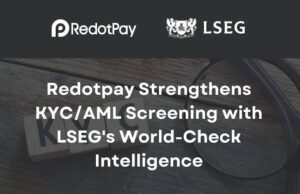In an effort to maintain its status as a cryptocurrency hub, Switzerland has taken steps to help blockchain companies access the traditional financial system by making it easier for them to open corporate bank accounts.
Faced with an exodus of cryptocurrency projects from the country due to falling access to the banking sector, the Swiss Bankers Association (SBA) on Friday issued guidelines to banks who may want to do business with the start ups.
Around 530 blockchain startups have settled in Switzerland’s Crypto Valley hub around Zurich and Zug, Oliver Bussmann, head of the Crypto Valley Association said.
The companies need access to traditional banking services to deposit cash, pay salaries and carry out other day-to-day financing activities, but Swiss banks fear falling foul of anti-money laundering (AML) rules and other regulations.
“We believe that with these guidelines, we’ll be able to establish a basis for discussion between banks and innovative startups, making the dialogue simpler and facilitating the opening of accounts,” SBA strategic adviser Adrian Schatzmann told a news conference.
Only a handful of Switzerland’s 250 banks ever allowed companies to deposit the cash equivalent of cryptocurrencies raised in digital fundraisers known as initial coin offerings (ICOs).
Two of those withdrew their services in the last year, with Zuercher Kantonalbank (ZKB), the fourth largest Swiss bank, closing the accounts of more than 20 companies, industry sources told Reuters in July.
The banks are worried because some of the companies that carried out ICOs did not do AML checks on their contributors, meaning the banks themselves could fall foul of AML rules, the sources said.
The new guidelines spell out separate checks that the association recommends when opening accounts for blockchain firms that carry out ICOs and those that do not.
They outline recommended know-your-customer and AML checks for ICOs that raise funds in fiat currencies such as Swiss francs, euros and dollars, and those that raise funds through other cryptocurrencies.
The rules should help banks understand what assessments they should carry out, but will also help blockchain and cryptocurrency firms know what information they must provide, and what measures they must take, to qualify for an account.
“This provides more clarity not only to banks, but also to startups,” Bussmann said.
While initial discussions with the banks have been positive, according to SBA Deputy Chief Executive August Benz, it remains to be seen how they will respond to the new guidelines.











